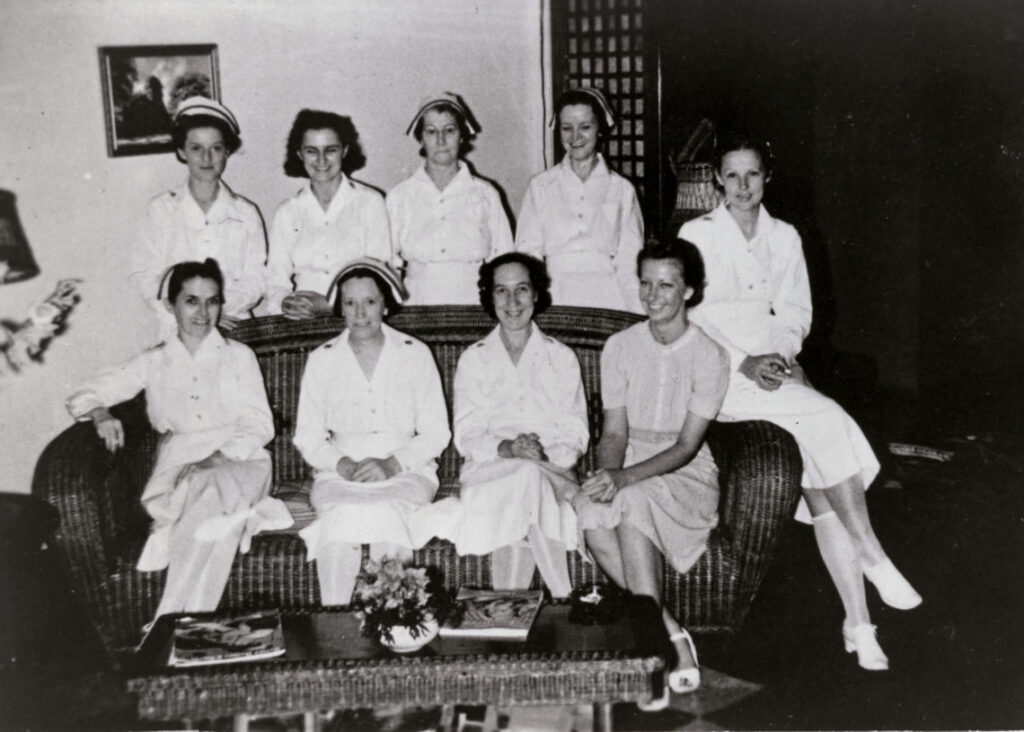A Navy nurse's fortitude, grit tided her over during 3-year-captivity

A seasoned U.S. Navy nurse with two decades of service, Laura Cobb found herself stationed at Cañacao Naval Hospital when the storm of World War II engulfed the Pacific.
Before the war's full fury struck, Cobb's experiences on Guam during a typhoon in 1940 unknowingly primed her for the challenges to come. As destruction ravaged naval facilities in Cavite, she and her ten fellow nurses swiftly relocated the wounded to Sternberg Medical Center in Manila, later establishing a makeshift hospital at St. Scholastica’s School in Malate.
However, fate dealt a divergent hand on New Year's Day of 1942. While 87 U.S. Army nurses evacuated to safety, Cobb's team of 11 Navy nurses found themselves inadvertently left behind in Manila, their absence a puzzling oversight amidst the chaos of retreat.
Despite the uncertainty, Cobb's steadfast leadership emerged. With no orders to evacuate, and with the burden of caring for the most critical patients transferred from the Army, her team remained resolute. Norman's account in "We Band of Angels" paints a picture of Cobb's unwavering composure amid the turmoil, as she maintained discipline amidst looting and threats from Japanese soldiers.
March 1942 saw the Navy nurses relocated to the University of Santo Tomas, where they collaborated with Dr. Charles Leach to establish a hospital within the internment camp. Their dedication to care persisted, even as the camp's population swelled and conditions deteriorated.
The transfer of 800 men to Los Baños prompted the Navy nurses to volunteer, ensuring continuity of care under Dr. Leach's leadership. On the campus of the University of the Philippines-Los Baños, they established a 25-bed facility, remaining until the camp's liberation on February 23, 1945.
Cobb's resilience did not wane after the war's end. Despite the toll exacted, she retired from the Nurse Corps in 1947, adorned with a Bronze Star for her service. Though efforts for further recognition faltered, her legacy endured, immortalized in tributes and publications singing praises for pivotal roles women like her played during wartime.